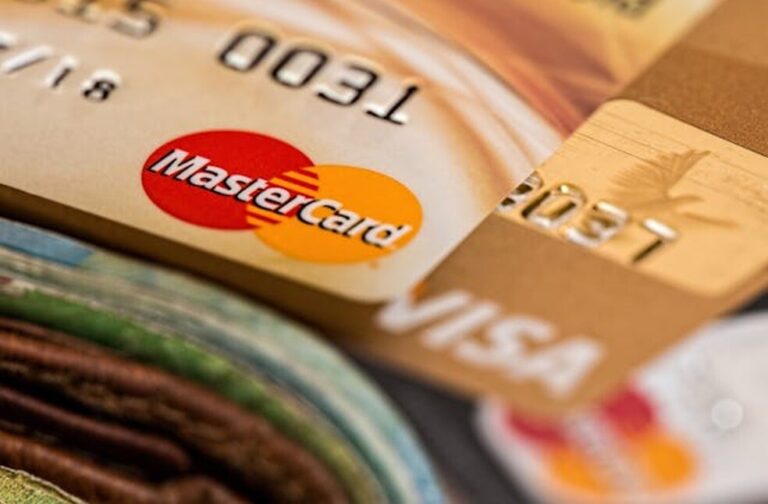United States: Visa and Mastercard have agreed an estimated $30 billion antitrust settlement to reduce credit and debit card costs for retailers in the US. Some of the savings will probably be transferred to customers in the form of cheaper pricing.
If approved by the court, it would settle the majority of the claims in the countrywide lawsuit that started in 2005. Some opponents, though, think it might not go far enough.
Businesses have long accused Visa and Mastercard of imposing excessive swipe or interchange fees on consumers using credit or debit cards and of preventing them from pointing customers toward less expensive payment options by way of “anti-steering” regulations.

Visa and Mastercard agreed to guarantee an average rate that is seven basis points lower than the existing average for five years, as well as a reduction in swipe rates of at least four basis points (0.04 percentage points) for three years.
Additionally, the two card networks decided to do away with the anti-steering clause and cap prices for five years. With more choice, merchants may decide whether to levy a premium or give discounts to cards with higher interchange costs.
Many already alert clients to the fact that using a card at the register would result in a higher total than using cash. According to court documents, the charge rollbacks and limits alone are worth $29.79 billion. Visa calculated that over 90 percent of the settlement merchants are small firms. Both Visa and Mastercard denied any misconduct in consenting to the settlement.

Separate remarks from Mastercard General Counsel Rob Baird and Visa’s North American President Kim Lawrence stated that the agreement provided “substantial certainty” to businesses and addressed “true pain points” noted by small firms.
In afternoon trade, shares of Visa and Mastercard increased by less than 1 percent apiece. Baird analyst David Koning noted that the settlement eliminates a “overhang of uncertainty.”
The settlement needs to be approved by Brooklyn, New York’s US District Judge Margo Brodie; this won’t happen till late 2024 or early 2025, most likely, and appeals are conceivable.



